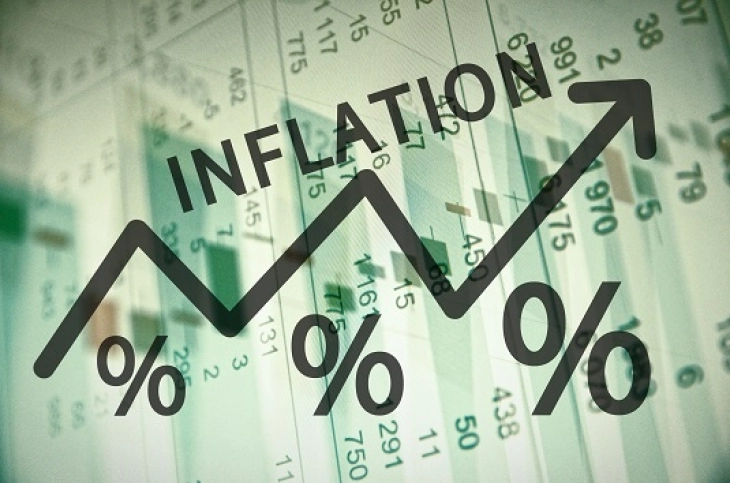Eurozone GDP growth improves in Q2
- Post By Ivan Kolekevski
- 11:19, 29 July, 2022

Brussels, 29 July 2022 (dpa/MIA) - The euro area logged a faster growth in the second quarter as France, Italy and Spain fared well despite deepening energy crisis and high inflation, while Germany failed to gain momentum, official data showed Friday.
Gross domestic product (GDP) grew 0.7% on a quarterly basis, following the first quarter's 0.5% expansion, preliminary flash estimate from Eurostat revealed. The growth was forecast to ease to 0.2%.
Year-on-year, economic growth eased to 4% in the second quarter from 5.4% in the preceding period. Nonetheless, the pace of growth was faster than economists' forecast of 3.4%. The next estimate for the second quarter will be released on August 17.
The acceleration in the euro area economic growth is mainly due to reopening effects and masks underlying weakness due to high inflation and manufacturing problems, Bert Colijn, an ING economist said.
GDP is likely to continue a downward trend as the services reopening rebound moderates, global demand softens and purchasing power squeezes persist. Colijn expects a mild recession starting in the second half of 2022.
Eurozone GDP is likely to register zero growth in the third quarter as the re-opening boost fade and the region is set to enter a recession later this year as a result of high inflation, rising interest rates and the worsening energy crisis, Capital Economics economist Andrew Kenningham said.
Among the big-four economies, Germany was the underperformer in the second quarter. Germany's GDP stagnated as growth in household and government spending was offset by the weaker foreign trade.
The economy was forecast to grow 0.1% after expanding 0.8% in the first quarter. On a calendar-adjusted basis, GDP grew 1.4% annually, much weaker than the 3.6% growth logged in the previous quarter.
On the other hand, the French economy rebounded more than expected in the second quarter driven by foreign demand and investment. GDP grew 0.5% from the preceding quarter, when the economy shrank 0.2%. GDP was forecast to grow 0.2%.
Spain's economic growth also accelerated more than expected in the second quarter, underpinned by household spending and exports. GDP advanced 1.1% quarter-on-quarter, faster than the 0.2% expansion posted a quarter ago and faster than the expected rate of 0.4%.
Likewise, Italy's economic growth accelerated to 1% from a meager 0.1% in the first quarter and well above economists' forecast of 0.3%.
The wider EU GDP expanded 0.6% sequentially taking the annual growth to 4% in the second quarter.Official data showed that inflation in the currency bloc surged to a fresh record high 8.9% in July, while the rate was expected to remain unchanged at 8.6%.
Excluding energy, food, alcohol and tobacco, core inflation rose to 4.0% from 3.7% in the previous month.







